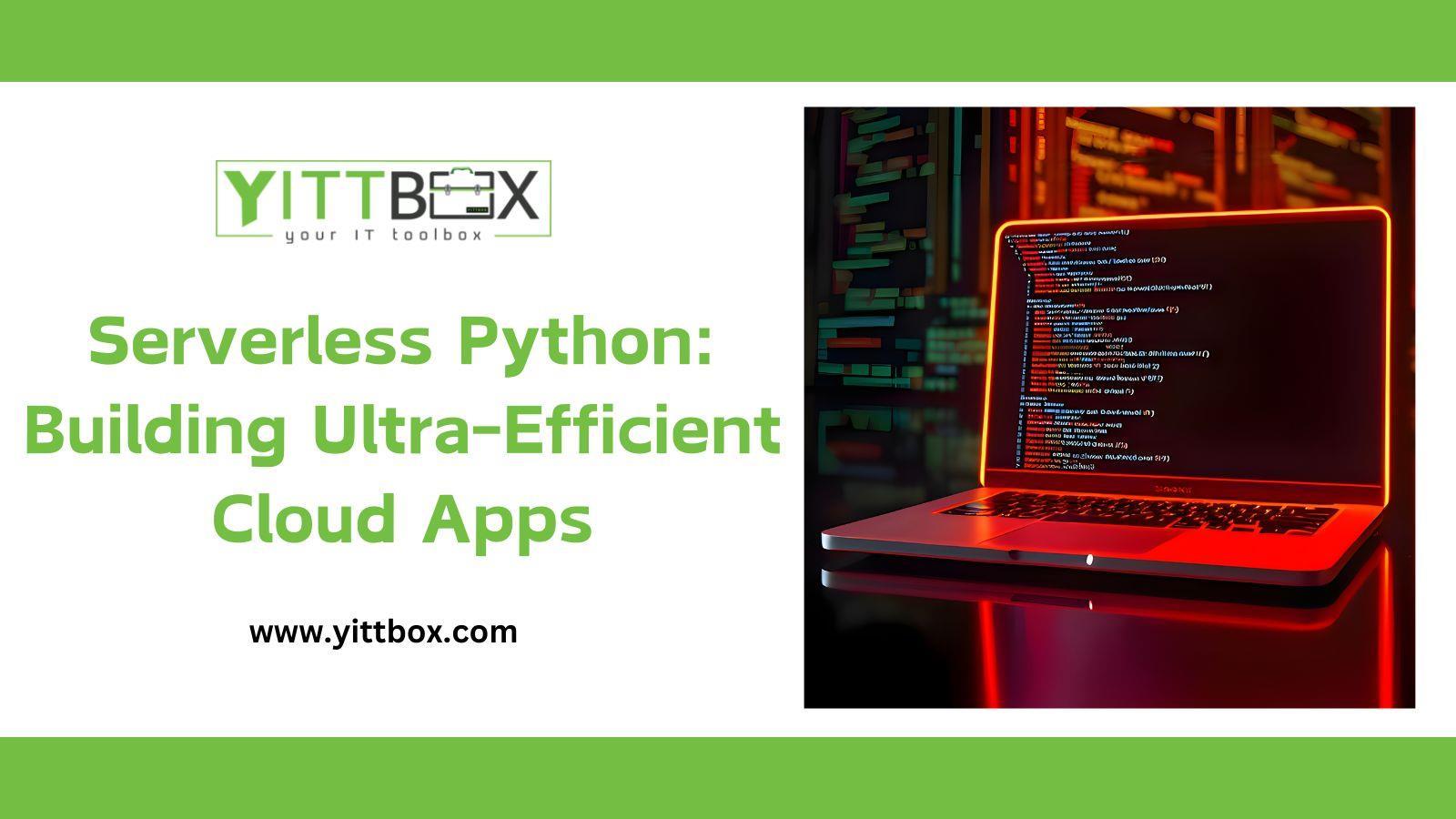Educational Research Analyst: Key Roles, Skills, and Career Path explained
In today’s rapidly evolving education technology (EdTech) landscape, Educational Research Analysts serve as critical contributors at universities, colleges, and schools. if you’re considering a career in EdTech or educational research, understanding the specific responsibilities, required skills, and career opportunities for this dynamic role is vital. This extensive article will guide you through everything you need to know about becoming an Educational Research Analyst in the academic sector.
What is an Educational Research Analyst?
An Educational Research Analyst specializes in collecting,analyzing,and interpreting educational data to help institutions make evidence-based decisions. Working in universities, colleges, or schools, these professionals leverage the latest in EdTech tools and methodologies to evaluate student performance, assess the effectiveness of learning technologies, and suggest improvements for teaching strategies.
Were Do Educational Research Analysts Work?
- Universities and Colleges: Collaborating on research projects, supporting faculty, and evaluating EdTech implementation effectiveness.
- K-12 Schools: Assisting in curriculum evaluation,technology integration,and measuring student outcomes.
- Education technology Companies: Guiding product development by providing research-based feedback and user data analysis.
Key Roles and Responsibilities
The daily duties of an Educational Research Analyst may vary depending on the institution but typically include:
- Designing and conducting research studies related to education technology and learning outcomes.
- Collecting quantitative and qualitative data through surveys, assessments, interviews, and digital analytics tools.
- Analyzing data to identify trends, challenges, and opportunities in teaching and learning processes.
- Evaluating the impact of EdTech tools and interventions on student achievement and institutional goals.
- producing detailed reports and visualizations to communicate findings to educators, administrators, and technology teams.
- Collaborating with multidisciplinary teams, including faculty, IT staff, and instructional designers.
- Presenting research results at academic conferences or professional development workshops.
- Staying current with new advancements in education technology and research methodologies.
Essential Skills for Educational Research Analysts
Excelling as an Educational Research analyst requires a unique combination of analytical expertise, technical skills, and practical knowledge in both education and technology. These are the core competencies you’ll need:
- Data Analysis: Proficiency with statistical software (SPSS, R, Python) and ability to interpret complex data.
- Research Design: Knowledge of experimental, quasi-experimental, and survey-based research methodologies.
- Educational Technology: Familiarity with the latest EdTech tools, e-learning platforms, and digital assessment systems.
- Interaction: Strong written, verbal, and presentation skills for sharing research insights with diverse audiences.
- Collaboration: Teamwork skills for working with faculty, administrators, and IT professionals.
- Problem-Solving: Ability to identify educational challenges and propose data-driven solutions.
- Attention to Detail: Ensuring accuracy in data collection, analysis, and reporting.
- Project Management: Managing timelines, resources, and deliverables effectively.
Educational and Professional Qualifications
Most institutions prefer Educational Research analysts with a strong academic background and relevant experiance:
- Education: A bachelor’s or master’s degree in education, psychology, statistics, social sciences, or a related field is standard. Doctoral degrees (Ph.D.or Ed.D.) can open doors to advanced research roles and leadership positions.
- Certifications: Certificates in educational research, data analytics, or EdTech can enhance your credentials and employability.
- Experience: Hands-on experience in educational research, data analysis, or EdTech implementation is highly valued. Internships,assistantships,or project participation help build practical skills.
Career Path and advancement Opportunities
The field of education technology research offers multiple career advancement options for skilled analysts. Here’s a potential career trajectory:
- entry-Level Positions: research Assistants, data Analysts in educational settings, or EdTech evaluation roles.
- Mid-Level Roles: Educational Research analysts, Institutional Researchers, or Assessment Coordinators.
- Senior Leadership: Research Managers, Directors of Institutional Research, Directors of Assessment, or Senior EdTech Consultants.
- Academic & Industry Expertise: Transition into higher education faculty positions, policy analysis, or consulting with EdTech firms and non-profits.
With experience, analysts can specialize in areas such as learning analytics, program evaluation, instructional technology assessment, or data-driven policy development.
Benefits of Becoming an Educational Research Analyst
There are multiple benefits to pursuing a career as an Educational Research Analyst in the educational technology field:
- Impactful Work: influence educational policy and practice with evidence-based insights.
- Job Stability: Increasing reliance on data and EdTech in education has raised demand for skilled analysts.
- Professional Growth: Opportunities for continuous learning, advanced research, and cross-functional teamwork.
- versatility: skills are transferable across K-12, higher education, government, and private industry settings.
- Competitive Salaries: Salaries often range from $50,000 to over $100,000 depending on education level, experience, and location.
Practical Tips for job Seekers in EdTech Research
If you’re aiming for a role as an Educational Research Analyst in universities, colleges, or schools, here are some actionable strategies to jumpstart your EdTech career:
- Build Your Portfolio: Showcase your research projects, data analysis work, and experience with EdTech tools on your resume and online professional profiles.
- Network Strategically: Attend academic conferences, EdTech meetups, and join professional organizations such as the American Educational Research Association (AERA).
- Stay Current: Continuously update your skills in statistics,data visualization,and educational technologies through courses,webinars,or certifications.
- Gain Practical Experience: volunteer,intern,or participate in research assistantships within academic or K-12 settings to hone hands-on abilities.
- Tailor Your Applications: Customize your cover letter and resume for each institution, emphasizing relevant research projects and EdTech competencies.
- Prepare for Interviews: Be ready to discuss your analytical approach, previous research experience, and how you would apply EdTech insights to real-world educational challenges.
Conclusion
The role of an Educational Research analyst is a linchpin in the era of innovative learning and data-driven decision-making in education. With the right blend of analytical skills, educational expertise, and technological know-how, you can make a meaningful impact on how students learn and how institutions evolve. If you’re passionate about research, EdTech, and continuous learning, a career as an Educational Research Analyst in universities, colleges, or schools could be your pathway to a rewarding and impactful profession.

